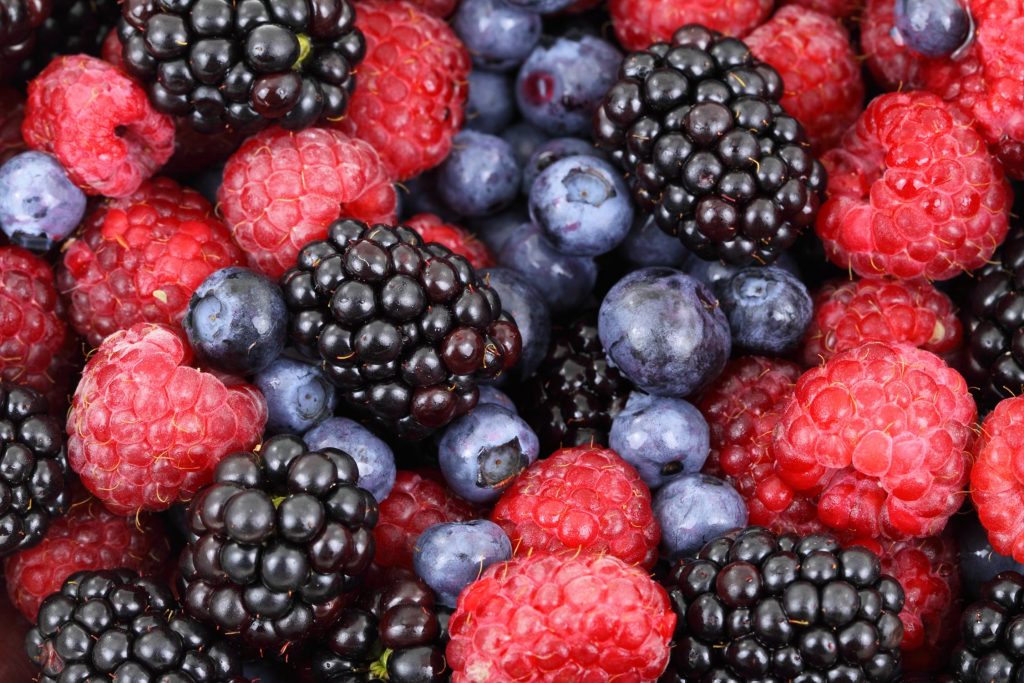Focus on Nutrition, the Rest Will Follow
After weight loss surgery, many things in your life will begin to change, but the most important change is going to happen within your diet. For any weight loss regimen, the most important thing to do is focus on your nutrition. To lose weight, you must consume fewer calories than you burn within in a day, simply put. By taking the max nutrient intake that you can in a fewer amount of calories, you will begin to lose weight while maintaining a well-balanced diet. Understanding the basics of nutrition and the components of a healthy diet can help you maintain a healthy weight level long-term.
Losing weight is harder because nowadays because we aren’t focused on the root of the problem, which is our diet. It’s what we are eating every day that is making it harder for us to lose weight and keep it off. Nutrients are the core of our diet, the only thing we should focus on all the time. Nutrients are responsible for restoring energy levels, building and repair tissues and muscles, preserve bone and organ health, and promote a longer and healthier lifestyle.
Why are nutrients so important?
Our bodies can’t produce them naturally. Instead, we rely solely on ourselves to get the nutrients we need.
There are six different forms of nutrients:
- Vitamins
- Minerals
- Water
- Fats
- Carbohydrates
- Protein
Your diet is extremely important, but your diet after weight loss surgery is even more important. Check out our helpful Food Substitution Guide to get you on track if you’re still trying to figure out your meal plan. Your diet is your body’s only weapon against illness and weight gain, we need nutrients to survive. If you are keeping true to a nutrient-rich diet after weight loss surgery, your body is thanking you! Want to know how you can tell?

You have more energy.
You aren’t getting sick so often.
Your hair, skin, and nails are strong and healthy.
Nutrients are mainly found in fruits and vegetables, but you have to make room for them all, so diversifying your diet is the first step.
Choosing Vitamins and Minerals for Sweet Tooths and Filling Meals
Fruits, vegetables, and basic dairy are great sources of nutrients that have very little processing before purchase.
- Vitamin C is found in citrus fruits, berries, cruciferous vegetables and tomatoes
- Vitamin B12 is found in eggs and milk products, as well as fish and meat
- Vitamin A is found in dark green and yellow vegetables
- Calcium is found in dark, leafy green vegetables like kale and spinach, as well as dairy products
- Potassium is found in milk, vegetables and fruit, especially bananas
Healthy Fats, Good for Your Brain!
Fats get a bad rap. Of course, it’s a general consensus that if you eat too much fat you’ll get, well, fat. This is true, but it depends on what kind of fat. Like eating a bowl of berries vs. a bowl of icecream. They both have a ton of yummy sugar, but the berries are leaps and bounds better for you than a bowl of ice cream. Did you know that your brain needs fat to function properly? There are a few different types of fat – knowing the difference is kind of important.
- Saturated fats
- Monounsaturated fats
- Polyunsaturated fats
- Trans fats
While you are on your weight loss journey, it’s important to remember which fats are the ‘good’ ones, and which are the ‘bad’ ones, because there is a pretty big difference. If you are trying to lose weight, limit your fat consumption to mono and polyunsaturated fats. These are healthy fats and will do a world of good for you. These fats are found in olive oil, avocado, and fish!
Protein
After bariatric surgery, you should include protein in all of your meals to help aid you in proper wound healing after your weight loss surgery. Protein also helps restore your skin, hair, bones, and keeps your nails healthy. Yes, B12 vitamins, or Biotin, will help as well. The daily recommended intake of protein after surgery varies based on several factors including your age, gender, surgery type, and activity level. Our favorite parts of protein? It not only helps speed up your metabolism, but it also curbs your appetite. Protein comes from the Greek word ‘proteios’ and translates to “first place, or primary.” Unlike other macronutrients (carbohydrates and fats) we do not store protein in our bodies.

Eating plenty of protein as you lose weight will encourage your body to burn fat, not muscle. Protein was there since day one, it is your core. It is the main component of your skin, blood, mus, les and hormones.
Protein is found in:
- Red meat and poultry
- Fish
- Dairy products
- Eggs
- Beans
- Nuts
- Whole grains
Carbs, They’re OK, We Promise!
Like fats, carbohydrates can play a healthy role in your diet when managed correctly, but it’s SO easy to go overboard, so move about the cabin with caution. Carbs give you energy and help you stay full between meals. There are two forms of carbohydrates:
- Simple carbohydrates
- Complex carbohydrates
Simple carbohydrates are found in sugar and other high-calorie foods. Complex carbohydrates are the ones that are rich in fiber, which aids digestion and weight loss. You can add complex carbohydrates to your diet by eating whole-grains like brown rice and whole-wheat bread products. You can also get your fill of healthy carbohydrates in certain vegetables like potatoes, squash, and corn.
Changing the foods you eat to be more nutritious is one of the first steps in developing a healthier diet and losing weight. You’ve got this!
Contact Western Bariatric Institute today and let us help you create your ideal meal plan.
